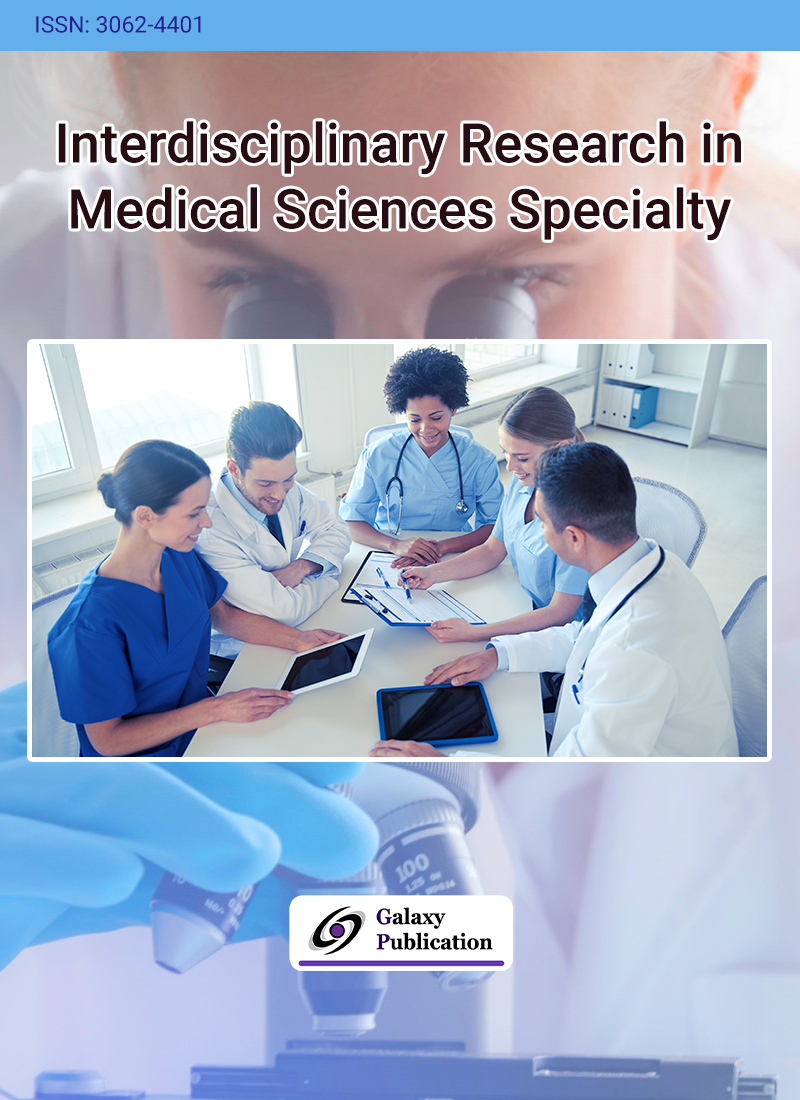
Irritable bowel syndrome (IBS) is a widespread digestive condition characterized by visceral hypersensitivity and changes in bowel habits. It is primarily influenced by factors such as smoking, stress, changes in the gut microbiota, and genetic variations. Since no specific cure currently exists for IBS, it is crucial to evaluate the benefits and limitations of current animal models of IBS, to utilize them effectively, and to develop improved models for drug research and development. This paper aims to explore various IBS models designed to replicate the symptoms of the disorder, identify the underlying molecular mechanisms, and leverage these findings for the development of potential treatments. The content of this review was derived from articles and research published between 1981 and 2021, using keywords such as stress, brain-gut axis, trinitrobenzene sulfonic acid, and acetic acid. While IBS lacks a clearly defined cause or treatment, using these models offers the potential for developing effective treatments. The pathogenesis of IBS remains poorly understood, and psychosocial stressors of various kinds are believed to play an important role. Animal models that simulate psychosocial stress, such as neonatal maternal separation, water avoidance stress, and restraint stress, have been developed to mirror IBS symptoms and identify biological pathways associated with the condition. In addition, models that focus on antidiarrheal and anti-inflammatory effects are also employed. Research on these models has led to the development of promising medications for the management of IBS.